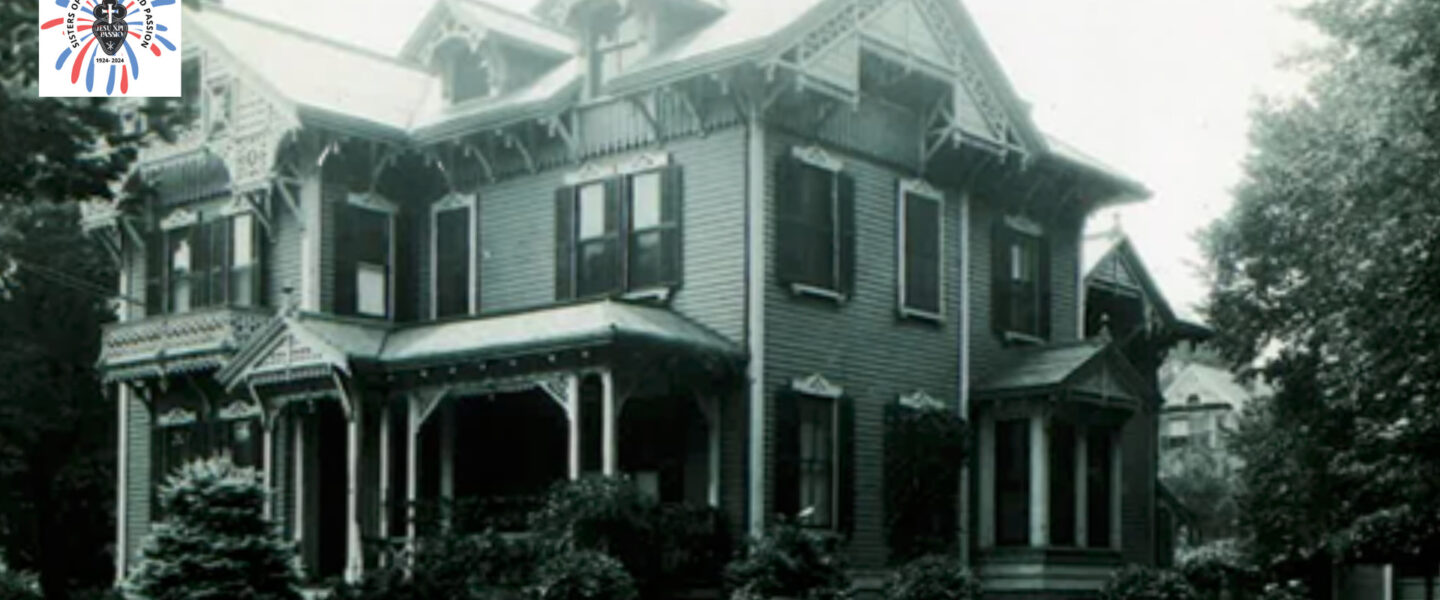St. Gabriel’s Hostel was doomed from the start. In England, sisters teaching in elementary schools received state salaries from 1870. This income enabled them to subsidize the hostels for poor working women who could not afford a decent and safe place to live. Passionist Sisters had operated such facilities since their founding in the mid-nineteenth century. Providing homes and guidance for these young women was a distinctive apostolate of the Sisters of the Cross and Passion. It would seem to have been a reasonable apostolate to try to establish in industrialized and urban Rhode Island.
Here in the United States, sisters teaching in parish schools were paid very little, so the Sisters would never have been able to subsidize the hostel themselves. Bishop Hickey’s intention had always been that the Sisters would also teach and that Catholic schools, not the hostel, were essential to him. He had financial commitments that precluded financially supporting the hostel.
The needs of the Catholic population in the United States and the relationship between Church and State differed from England, and these differing conditions influenced the development of the Congregation in this country. The Catholic population of the United States increased tremendously from 1843-1900. During this period, the extension of public schooling was encouraged by one of the most popular reform campaigns of the century. Education was seen as necessary for the economic development of the nation. Reformers argued that standard schooling “would foster equality between social classes and prevent intemperance, avarice, war, slavery, and bigotry.”
The Bishops believed that it was necessary to provide Catholic Schools because the children would learn anti-Catholicism in the public ones. Catholic parents were strongly urged to send their children to the Catholic school. In 1884, every parish was ordered to build a school. This created a substantial financial burden for most parishes whose members consisted of poor immigrants. The Church turned to religious communities to enable it to comply with this mandate and the Sisters were recruited to take charge of the religious instruction of the children of Assumption Parish in Providence a week after the official opening of the hostel and a school a few years later.

